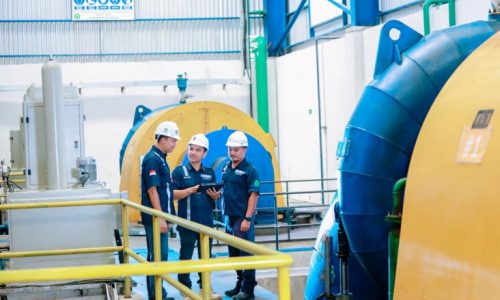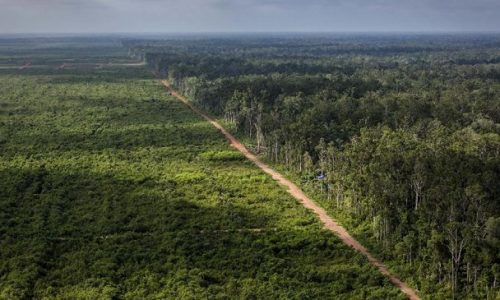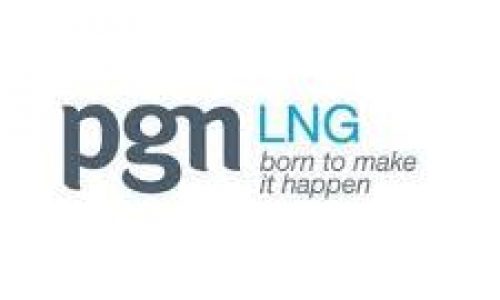The government says that Indonesia has the potential to be a leading regional producer of hydrogen and ammonia, with its competitive adavantage in clean hydrogen production.
“Hydrogen will play an important role in the global energy system as countries strive to decarbonize and build hydrogen ecosystems. Abundant natural gas resources, CO2 storage capacity, and renewable energy potential position Indonesia as a regional leader in hydrogen production,” Jodi Mahardi, Deputy Coordinating Minister for Maritime and Energy Sovereignty, told the Indonesia International Hydrogen Summit 2024 in Jakarta on Wednesday, June 19, 2024.
He said that Indonesia is geographically close to countries that have high demand for clean hydrogen, such as Japan, South Korea and Singapore, which together represent a hydrogen market of 4 million tons per year.
Indonesia has the second largest gas reserves in Asia Pacific and the third largest CO2 storage potential in the region for blue hydrogen. Meanwhile, for green hydrogen, Indonesia has the world’s second largest geothermal potential and more than 200 GW of potential solar power capacity.
“The hydrogen sector presents new opportunities for Indonesia to utilize its abundant energy resources to drive higher economic growth,” Jodi said.
As countries strive to achieve net zero emission targets, global hydrogen demand is expected to more than quadruple between 2020 and 2050. By 2023, there will be 1,418 clean hydrogen projects announced globally, with investments totalling US$570 billion across the hydrogen value chain.
Ammonia, which is a key ingredient in fertilizer production, can be produced using green and blue hydrogen, making it cleaner.
The potential benefit of clean ammonia for Indonesia is its capacity as a key ingredient in fertilizer production, which is a major industry in Indonesia. Clean ammonia can also help address the risk of Indonesia’s US$1 billion fertilizer exports being threatened by CBAM (Carbon Border Adjustment Mechanism) regulations implemented by developed countries.
Indonesia’s significant and growing fertilizer market is also an established customer base for hydrogen. For example, State-owned fertilizer producer PT Pupuk Indonesia produced 18.7 million tons of fertilizer in 2023 with a market value of US$4.5 billion.
The government has developed a strategic plan and is actively building domestic hydrogen sector with concrete steps, such as increasing the efficiency of hydrogen use to above 50 percent; developing access to local and micro-scale power grids; creating clear regulations on emissions trading, carbon taxes, and incentives; and integrating the hydrogen industry and infrastructure upgrades.
The production of low-carbon hydrogen which is in accordance with international trade policies, the use of low-carbon fuels for export commodities, and bilateral technical agreements are also a key focus.
Some of the clean hydrogen projects being developed in Indonesia include:
- Batam Bintan Green Hydrogen Cluster with a planned capacity of 25-100 Kilotons Per Annum (ktpa), operational by First Quarter (Q1) of 2027.
- Sumatra Clean Hydrogen Cluster with a planned capacity of 25-100 ktpa, operational in Q1 2027.
- Cilegon Clean Hydrogen Cluster with planned capacity (to be confirmed), operational in Q3 2027.
- North Sulawesi Green Ammonia Cluster with a planned capacity of 500 ktpa, operational in Q1 2030.
- Sumatra-Java Blue Ammonia Project with a planned capacity of 730 ktpa (to be confirmed).









